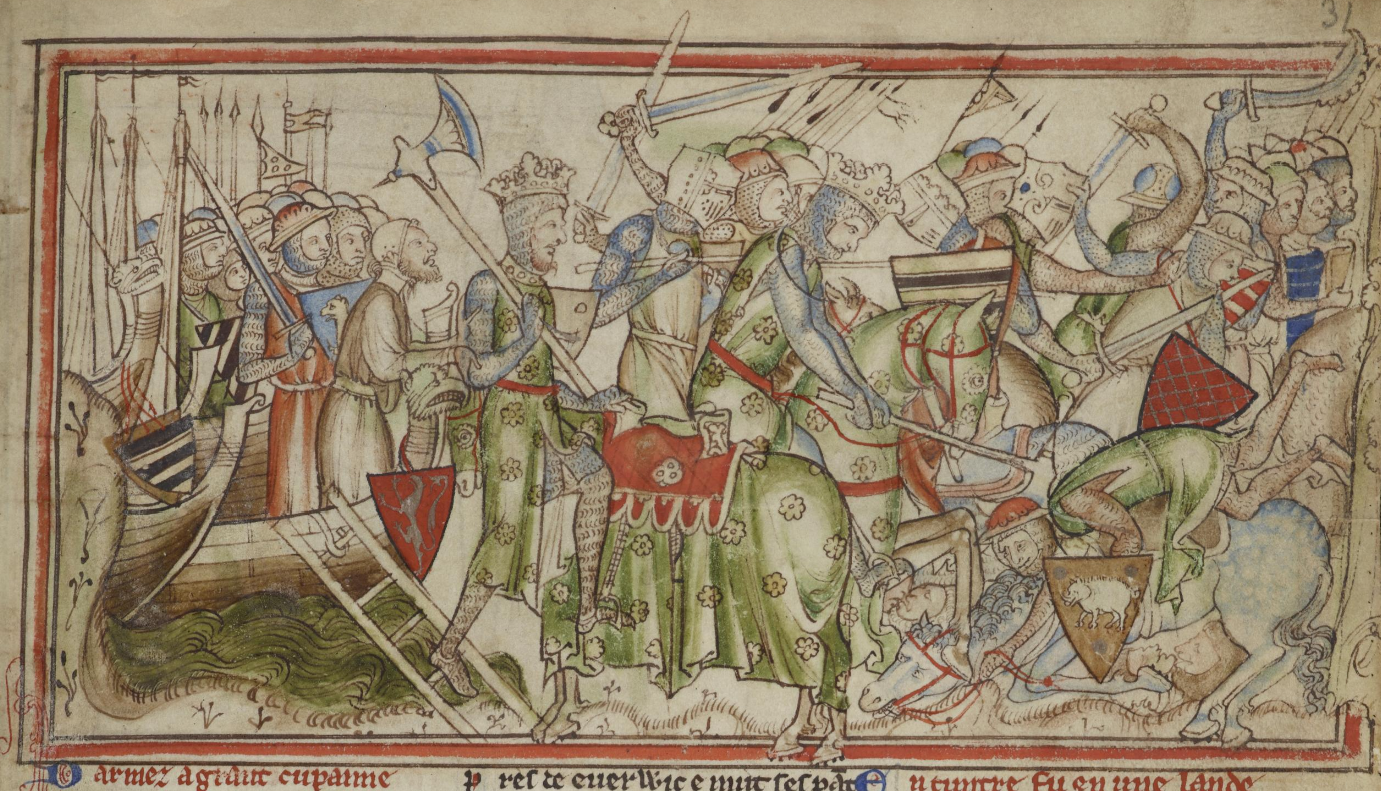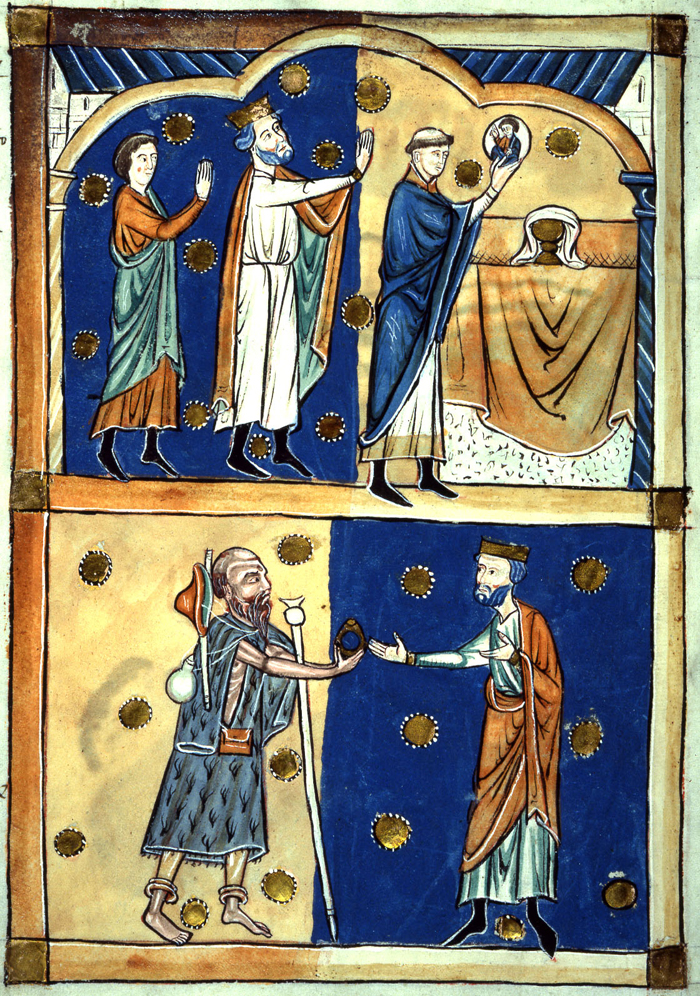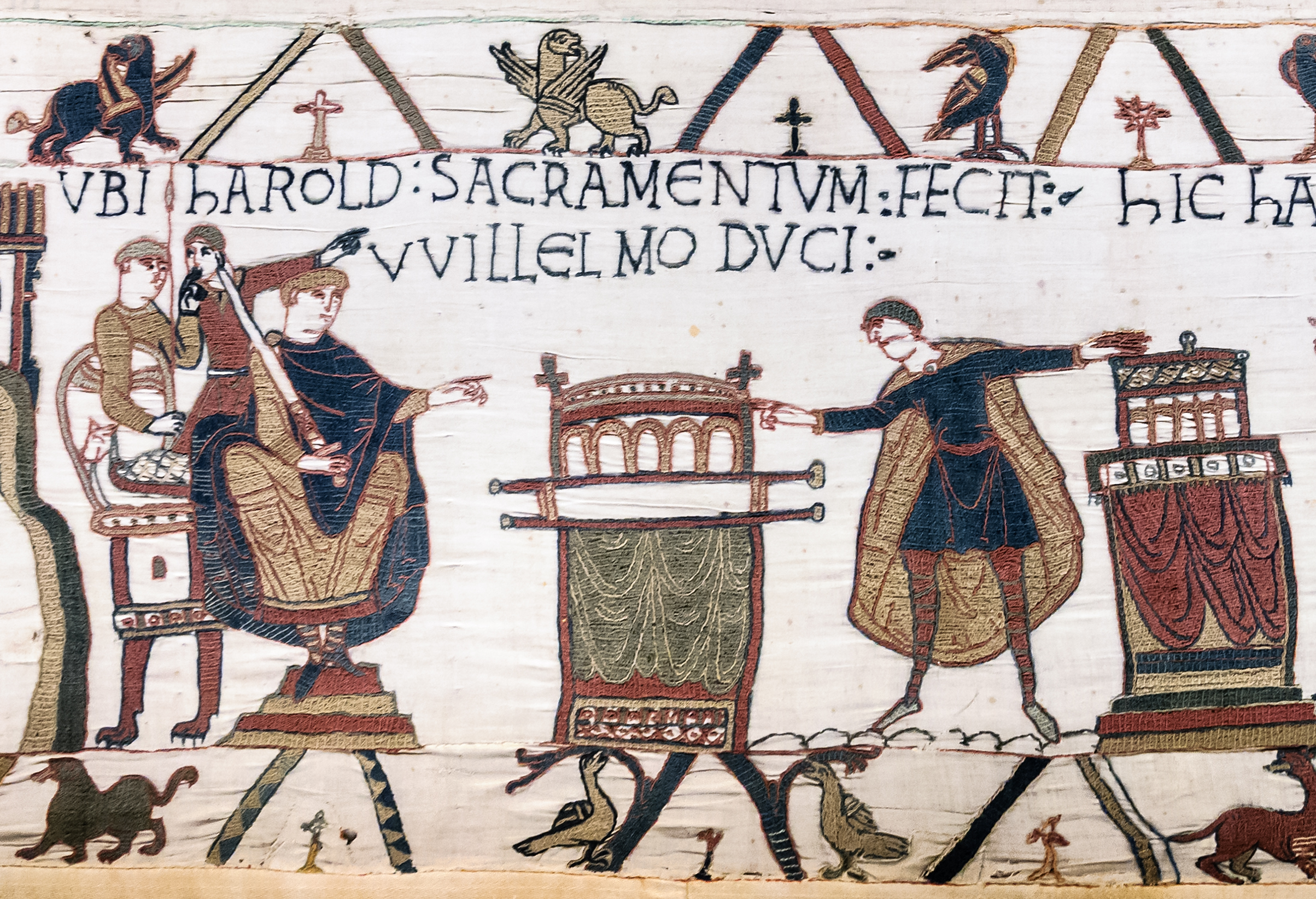|
Coughton, Warwickshire
Coughton is a small village located between Studley to the North and Alcester, to the South, in the county of Warwickshire, England. The village lies from Birmingham on the Birmingham–Alcester A435 road, which here follows the line of the Roman road Icknield Street. The village mainly consists of a number of houses on Sambourne Lane, Coughton Lane and farms and is primarily noted as being the location of the National Trust property, Coughton Court, which lies 400 yards to the east of the A435. The population according to the 2001 Census was 139, increasing to 157 in the 2011 Census. Etymology The name may suggest a settlement or farm known for the hunting of woodcock or game birds, However, the prefix Cock- is not uncommon in place-names, but its meaning is doubtful. Under orders from William he constructed a ditch with an entrance gate around the town of Warwick as part of William's campaign in 1068–69 known as the Harrying of the North. Thorkell was one of only two A ... [...More Info...] [...Related Items...] OR: [Wikipedia] [Google] [Baidu] |
United Kingdom Census 2011
A Census in the United Kingdom, census of the population of the United Kingdom is taken every ten years. The 2011 census was held in all countries of the UK on 27 March 2011. It was the first UK census which could be completed online via the Internet. The Office for National Statistics (ONS) is responsible for the census in England and Wales, the General Register Office for Scotland (GROS) is responsible for the census in Scotland, and the Northern Ireland Statistics and Research Agency (NISRA) is responsible for the census in Northern Ireland. The Office for National Statistics is the executive office of the UK Statistics Authority, a non-ministerial department formed in 2008 and which reports directly to Parliament. ONS is the UK Government's single largest statistical producer of independent statistics on the UK's economy and society, used to assist the planning and allocation of resources, policy-making and decision-making. ONS designs, manages and runs the census in England an ... [...More Info...] [...Related Items...] OR: [Wikipedia] [Google] [Baidu] |
Manorialism
Manorialism, also known as the manor system or manorial system, was the method of land ownership (or "tenure") in parts of Europe, notably France and later England, during the Middle Ages. Its defining features included a large, sometimes fortified manor house in which the lord of the manor and his dependents lived and administered a rural estate, and a population of labourers who worked the surrounding land to support themselves and the lord. These labourers fulfilled their obligations with labour time or in-kind produce at first, and later by cash payment as commercial activity increased. Manorialism is sometimes included as part of the feudal system. Manorialism originated in the Roman villa system of the Late Roman Empire, and was widely practiced in medieval western Europe and parts of central Europe. An essential element of feudal society, manorialism was slowly replaced by the advent of a money-based market economy and new forms of agrarian contract. In examining the o ... [...More Info...] [...Related Items...] OR: [Wikipedia] [Google] [Baidu] |
England
England is a country that is part of the United Kingdom. It shares land borders with Wales to its west and Scotland to its north. The Irish Sea lies northwest and the Celtic Sea to the southwest. It is separated from continental Europe by the North Sea to the east and the English Channel to the south. The country covers five-eighths of the island of Great Britain, which lies in the North Atlantic, and includes over 100 smaller islands, such as the Isles of Scilly and the Isle of Wight. The area now called England was first inhabited by modern humans during the Upper Paleolithic period, but takes its name from the Angles, a Germanic tribe deriving its name from the Anglia peninsula, who settled during the 5th and 6th centuries. England became a unified state in the 10th century and has had a significant cultural and legal impact on the wider world since the Age of Discovery, which began during the 15th century. The English language, the Anglican Church, and Engli ... [...More Info...] [...Related Items...] OR: [Wikipedia] [Google] [Baidu] |
Mercia
la, Merciorum regnum , conventional_long_name=Kingdom of Mercia , common_name=Mercia , status=Kingdom , status_text=Independent kingdom (527–879)Client state of Wessex () , life_span=527–918 , era=Heptarchy , event_start= , date_start= , year_start=527 , event_end= , date_end= , year_end=918 , event1= , date_event1= , event2= , date_event2= , event3= , date_event3= , event4= , date_event4= , p1=Sub-Roman Britain , flag_p1=Vexilloid of the Roman Empire.svg , border_p1=no , p2=Hwicce , flag_p2= , p3=Kingdom of Lindsey , flag_p3= , p4=Kingdom of Northumbria , flag_p4= , s1=Kingdom of England , flag_s1=Flag of Wessex.svg , border_s1=no , s2= , flag_s2= , image_flag= , image_map=Mercian Supremacy x 4 alt.png , image_map_caption=The Kingdom of Mercia (thick line) and the kingdom's extent during the Mercian Supremacy (green shading) , national_motto= , national_anthem= , common_languages=Old English *Mercian dialect British Latin , currency=Sceat Penny , religion=PaganismChristia ... [...More Info...] [...Related Items...] OR: [Wikipedia] [Google] [Baidu] |
Morcar
Morcar (or Morkere) ( ang, Mōrcǣr) (died after 1087) was the son of Ælfgār (earl of Mercia) and brother of Ēadwine. He was the earl of Northumbria from 1065 to 1066, when he was replaced by William the Conqueror with Copsi. Dispute with the Godwins Morcar and his brother Ēadwine, now Earl of Mercia, assisted the Northumbrian rebels to expel Tostig Godwinson. In October 1065 the Northumbrians chose Morcar as earl at York. He at once satisfied the people of the Bernicia by making over the government of the country beyond the River Tyne to Osulf of Bamburgh, the eldest son of Eadwulf IV of Bamburgh, the Bernician earl whom Siward had slain in 1041. Marching southwards with the rebels, Morcar gathered into his forces the men of Nottingham, Derby, and Lincoln, members of the old Danish confederacy of towns, and met Ēadwine, who was at the head of a considerable force at Northampton. There the brothers and their rebel army considered proposals for peace offered to them by Ea ... [...More Info...] [...Related Items...] OR: [Wikipedia] [Google] [Baidu] |
Ælfgar, Earl Of Mercia
Ælfgar (died ) was the son of Leofric, Earl of Mercia, by his famous mother Godgifu (Lady Godiva). He succeeded to his father's title and responsibilities on the latter's death in 1057. He gained the additional title of Earl of East Anglia, but also was exiled for a time. Through the first marriage of his daughter he would become father-in-law of the Welsh king Gruffydd ap Llywelyn; a few years after his death, his daughter would become a widow and marry English King Harold. War and exile Ælfgar profited from the exile of Earl Godwin of Wessex and his sons in 1051. He was given the Earldom of East Anglia, which had been that of Harold, son of Godwin. Earl Godwin and King Edward were reconciled the following year, so Harold was restored to his earldom—but not for long. At Easter 1053 Godwin died, so Harold became Earl of Wessex, and the earldom of East Anglia returned to Ælfgar.Ann Williams, 'Ælfgar, earl of Mercia (d. 1060)’, Oxford Dictionary of National Biography, Oxford ... [...More Info...] [...Related Items...] OR: [Wikipedia] [Google] [Baidu] |
Leofric, Earl Of Mercia
Leofric (died 31 August or 30 September 1057) was an Earl of Mercia. He founded monasteries at Coventry and Much Wenlock. Leofric is most remembered as the husband of Lady Godiva. Life Leofric was the son of Leofwine, Ealdorman of the Hwicce, who witnessed a charter in 997 for King Æthelred II. Leofric had three brothers: Northman, Edwin and Godwine. It is likely that Northman is the same as ''Northman Miles'' ("Northman the knight") to whom King Æthelred II granted the village of Twywell in Northamptonshire in 1013. Northman, according to the Chronicle of Crowland Abbey, the reliability of which is often doubted by historians, says he was a retainer (knight) of Eadric Streona, the Earl of Mercia.Baxter, ''Earls of Mercia'', pp. 29–30, and n. 45 for reference It adds that Northman had been killed upon Cnut's orders along with Eadric and others for this reason. Cnut "made Leofric ealdorman in place of his brother Northman, and afterwards held him in great affection." Bec ... [...More Info...] [...Related Items...] OR: [Wikipedia] [Google] [Baidu] |
Harold Godwinson
Harold Godwinson ( – 14 October 1066), also called Harold II, was the last crowned Anglo-Saxon English king. Harold reigned from 6 January 1066 until his death at the Battle of Hastings, fighting the Norman invaders led by William the Conqueror during the Norman conquest of England. His death marked the end of Anglo-Saxon rule over England. Harold Godwinson was a member of a prominent Anglo-Saxon family with ties to Cnut the Great. He became a powerful earl after the death of his father, Godwin, Earl of Wessex. After his brother-in-law, King Edward the Confessor, died without an heir on 5 January 1066, the ''Witenagemot'' convened and chose Harold to succeed him; he was probably the first English monarch to be crowned in Westminster Abbey. In late September, he successfully repelled an invasion by rival claimant Harald Hardrada of Norway in York before marching his army back south to meet William the Conqueror at Hastings two weeks later. Family background Harold ... [...More Info...] [...Related Items...] OR: [Wikipedia] [Google] [Baidu] |
Edward The Confessor
Edward the Confessor ; la, Eduardus Confessor , ; ( 1003 – 5 January 1066) was one of the last Anglo-Saxon English kings. Usually considered the last king of the House of Wessex, he ruled from 1042 to 1066. Edward was the son of Æthelred the Unready and Emma of Normandy. He succeeded Cnut the Great's son – and his own half-brother – Harthacnut. He restored the rule of the House of Wessex after the period of Danish rule since Cnut conquered England in 1016. When Edward died in 1066, he was succeeded by his wife's brother Harold Godwinson, who was defeated and killed in the same year by the Normans under William the Conqueror at the Battle of Hastings. Edward's young great-nephew Edgar the Ætheling of the House of Wessex was proclaimed king after the Battle of Hastings in 1066 but was never crowned and was peacefully deposed after about eight weeks. Historians disagree about Edward's fairly long 24-year reign. His nickname reflects the traditional image ... [...More Info...] [...Related Items...] OR: [Wikipedia] [Google] [Baidu] |
Sheriff
A sheriff is a government official, with varying duties, existing in some countries with historical ties to England where the office originated. There is an analogous, although independently developed, office in Iceland that is commonly translated to English as ''sherif''. Description Historically, a sheriff was a legal official with responsibility for a shire, the term being a contraction of " shire reeve" (Old English ). In British English, the political or legal office of a sheriff, term of office of a sheriff, or jurisdiction of a sheriff, is called a shrievalty in England and Wales, and a sheriffdom in Scotland. In modern times, the specific combination of legal, political and ceremonial duties of a sheriff varies greatly from country to country. * In England, Northern Ireland, or Wales, a sheriff (or high sheriff) is a ceremonial county or city official. * In Scotland, sheriffs are judges. * In the Republic of Ireland, in some counties and in the cities of Dubli ... [...More Info...] [...Related Items...] OR: [Wikipedia] [Google] [Baidu] |
Vikings
Vikings ; non, víkingr is the modern name given to seafaring people originally from Scandinavia (present-day Denmark, Norway and Sweden), who from the late 8th to the late 11th centuries raided, pirated, traded and settled throughout parts of Europe.Roesdahl, pp. 9–22. They also voyaged as far as the Mediterranean, North Africa, Volga Bulgaria, the Middle East, and North America. In some of the countries they raided and settled in, this period is popularly known as the Viking Age, and the term "Viking" also commonly includes the inhabitants of the Scandinavian homelands as a collective whole. The Vikings had a profound impact on the early medieval history of Scandinavia, the British Isles, France, Estonia, and Kievan Rus'. Expert sailors and navigators aboard their characteristic longships, Vikings established Norse settlements and governments in the Viking activity in the British Isles, British Isles, the Faroe Islands, Settlement of Iceland, Icela ... [...More Info...] [...Related Items...] OR: [Wikipedia] [Google] [Baidu] |
Anglo-Saxon
The Anglo-Saxons were a Cultural identity, cultural group who inhabited England in the Early Middle Ages. They traced their origins to settlers who came to Britain from mainland Europe in the 5th century. However, the ethnogenesis of the Anglo-Saxons happened within Britain, and the identity was not merely imported. Anglo-Saxon identity arose from interaction between incoming groups from several Germanic peoples, Germanic tribes, both amongst themselves, and with Celtic Britons, indigenous Britons. Many of the natives, over time, adopted Anglo-Saxon culture and language and were assimilated. The Anglo-Saxons established the concept, and the Kingdom of England, Kingdom, of England, and though the modern English language owes somewhat less than 26% of its words to their language, this includes the vast majority of words used in everyday speech. Historically, the Anglo-Saxon period denotes the period in Britain between about 450 and 1066, after Anglo-Saxon settlement of Britain, th ... [...More Info...] [...Related Items...] OR: [Wikipedia] [Google] [Baidu] |









